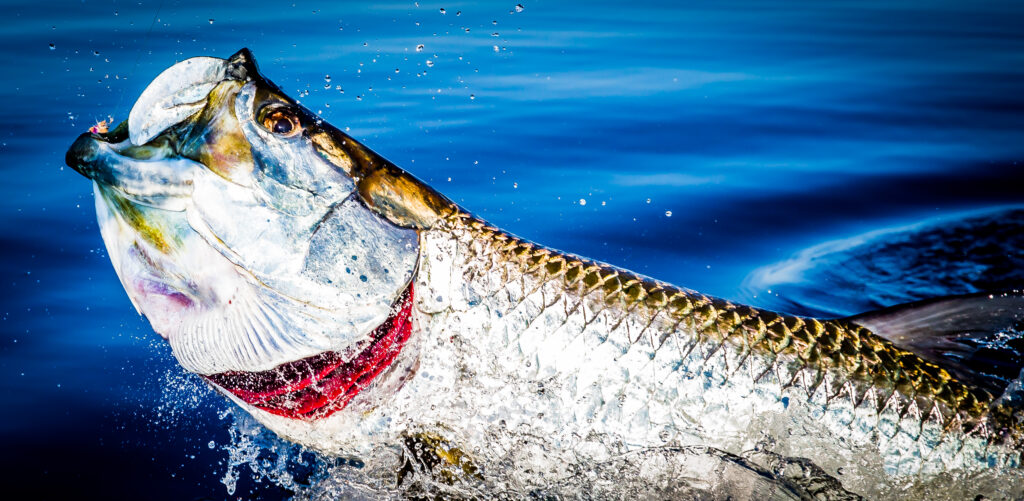Photo: Greg Dini
Anglers and fishing guides are an essential source of knowledge when it comes to assessing the health of fish populations and identifying threats to their sustainability. By spending a significant amount of time on the water, they have a wealth of knowledge that can be used to better understand the state of a fishery. Recently, a survey conducted by researchers from the University of Massachusetts Amherst of nearly 1,000 anglers and guides who target Atlantic tarpon revealed that the quality of the fishery has declined considerably since the 1970s.
Given that tarpon are not part of any formal stock assessment, such information is invaluable to leverage support for the development of more effective conservation and management plans for this valuable and beloved species.
Respondents also shared that they perceived water quality and habitat availability as the greatest threat to Atlantic tarpon, and that restoration efforts should be a top conservation priority. Respondents also supported regulations that prohibit harvest (such as catch-and-release only), increased science efforts to understand Atlantic tarpon ecology for conservation solutions, and spatial management, such as pole-troll zones (where high-speed motorboat travel is prohibited). Interestingly, support for conservation solutions varied between those that targeted Atlantic tarpon with spin and fly gear, with fly gear anglers showing higher support for increased regulatory oversight. This highlights the need for anglers to work together and prioritize conservation efforts for the benefit of the species and the fishery as a whole.
Another concerning trend revealed by the survey was the increasing number of shark encounters that are resulting in lost Atlantic tarpon in the Gulf of Mexico and Southeastern US. On average, guides lost 2 – 7 tarpon per year to sharks over the last five years. Specifically, encounter rates with sharks that resulted in lost tarpon were most likely in passes, where tarpon seasonally aggregate. This highlights the need for engagement with anglers regarding angler ethics, as well as additional data collection needs surrounding angler-predator interactions and research on solutions to reduce the loss of Atlantic tarpon to sharks.
As anglers, we have a responsibility to help protect and conserve Atlantic tarpon. The information provided by this survey is vital in helping us understand the threats facing tarpon and prioritize conservation efforts to safeguard the future of the iconic Silver King and the fishery it supports.




